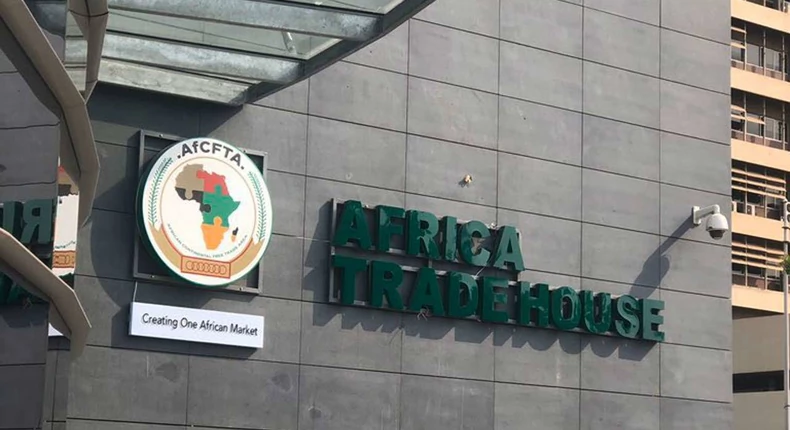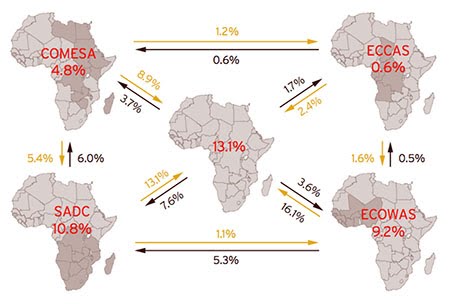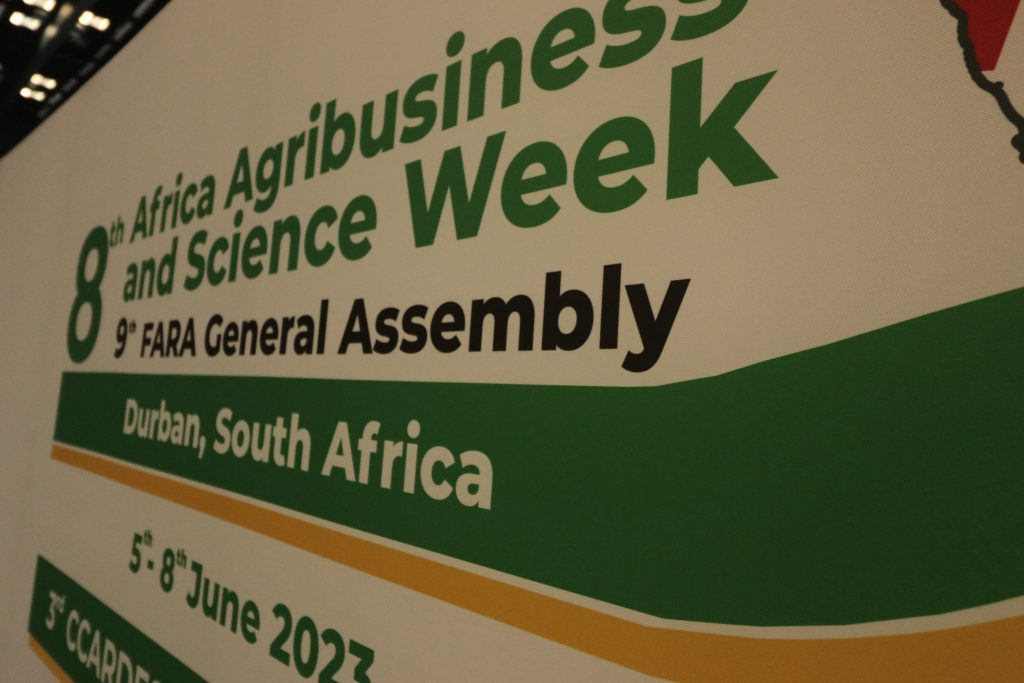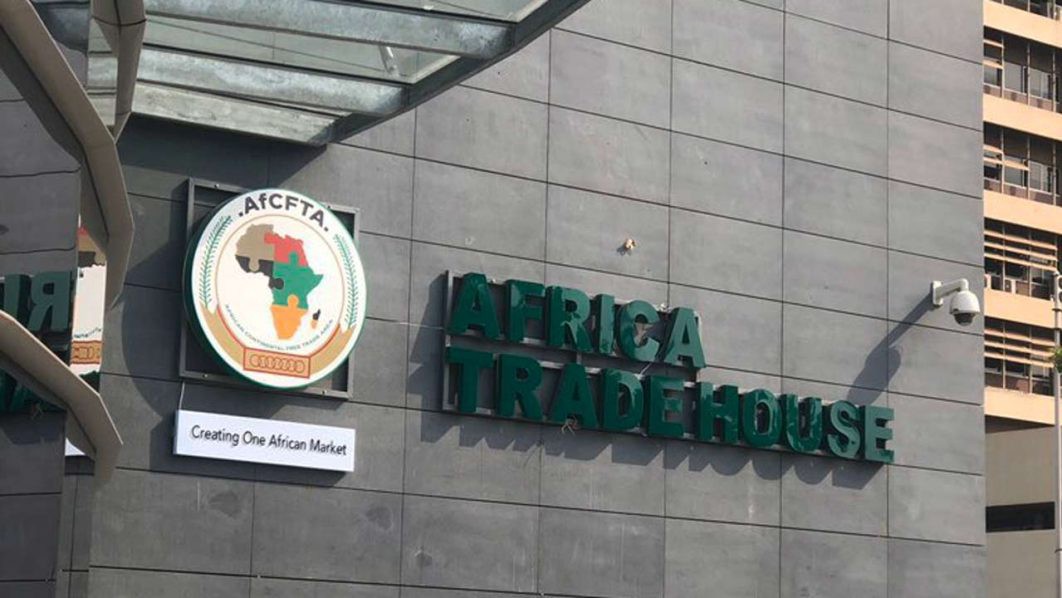The African Continental Free Trade Area (AfCFTA) needs to remove visas and reduce custom processes to ease movement of goods within the African continent — this is the main appeal voiced by the Pan-African Private Sector, under the umbrella body of the African Business Council (AfBC).
During the AfCFTA Business Forum recently held in Cape Town, South Africa, the AfBC, which brings together regional economic communities, decried inconsistent and inadequate freight and logistics at the borders saying they have long hindered intra-African trade. So far, 47 African countries had ratified the AfCFTA agreement, the AU Commission Deputy Chairperson, Monique Nsanzabaganwa, revealed but also decried the existence of many non-tariff barriers to trade, especially transport logistics. “A number of instruments have been put before you to start trading under the AfCFTA, and these include the AfCFTA e-Tariff Book, the Rules of Origin Manual, the African Business Council, the Pan-African Payments and Settlement System (Papss), and the AfCFTA Dispute Settlement Mechanism, among others. All these instruments and tools are designed to ensure that legitimate business transactions thrive,” said Nsanzabaganwa.
But African countries are facing high custom delay periods due to visa challenges, shortages of paved roads upon which freight can be transported and a higher loss of goods due to limited cold chains compared to other regions globally. African states currently import $36.8 billion worth of freight or logistics goods every year from within and outside the continent. Under AfCFTA, that amount is set to increase and African companies can fulfill that demand but non-tariff barriers including delays in application of visas for people transporting the goods have hindered this growth. Several African countries have enacted visa application process rules that could take up to more than 72 hours for one to get a visa. But EAC and SADC countries and ECOWAS are some of the regional blocks that have different visa rules thereby delaying the movement of people trading across the borders.



